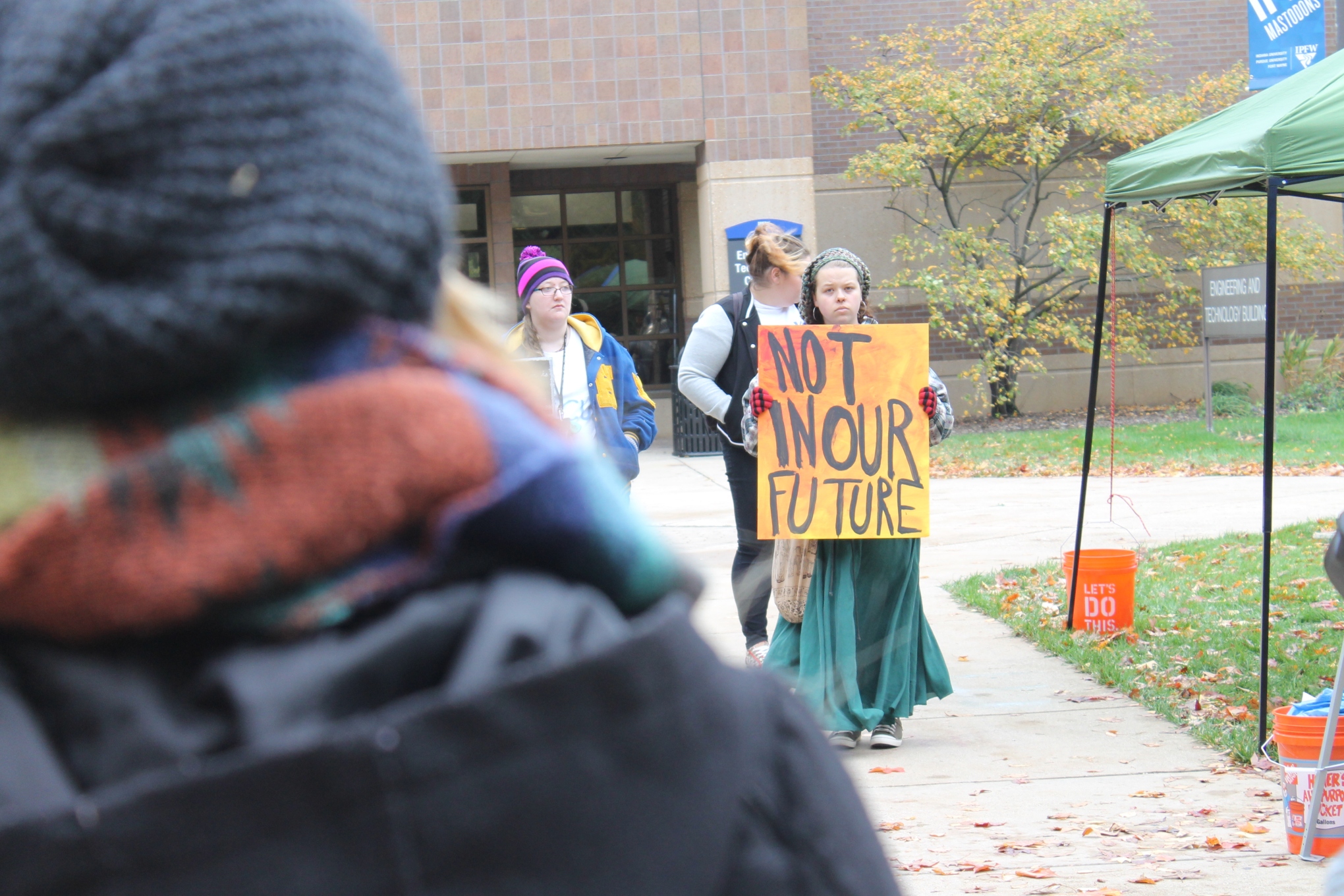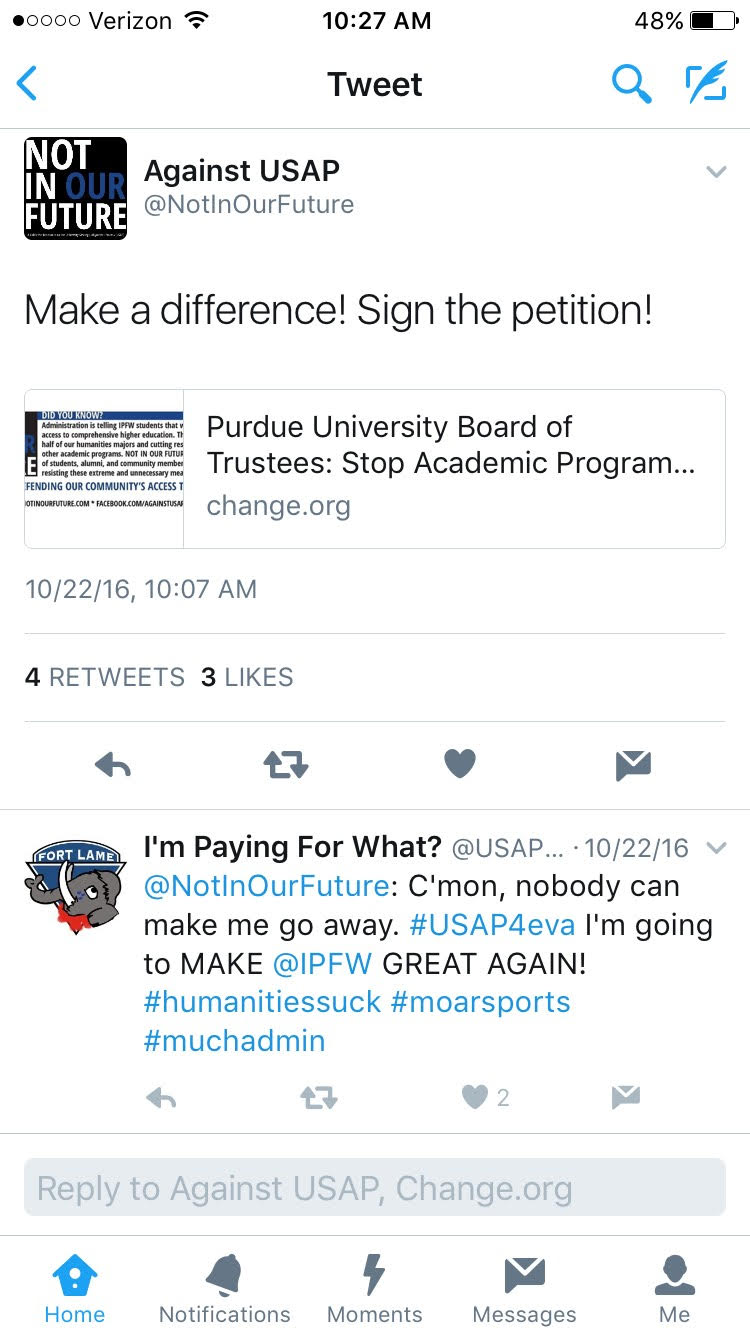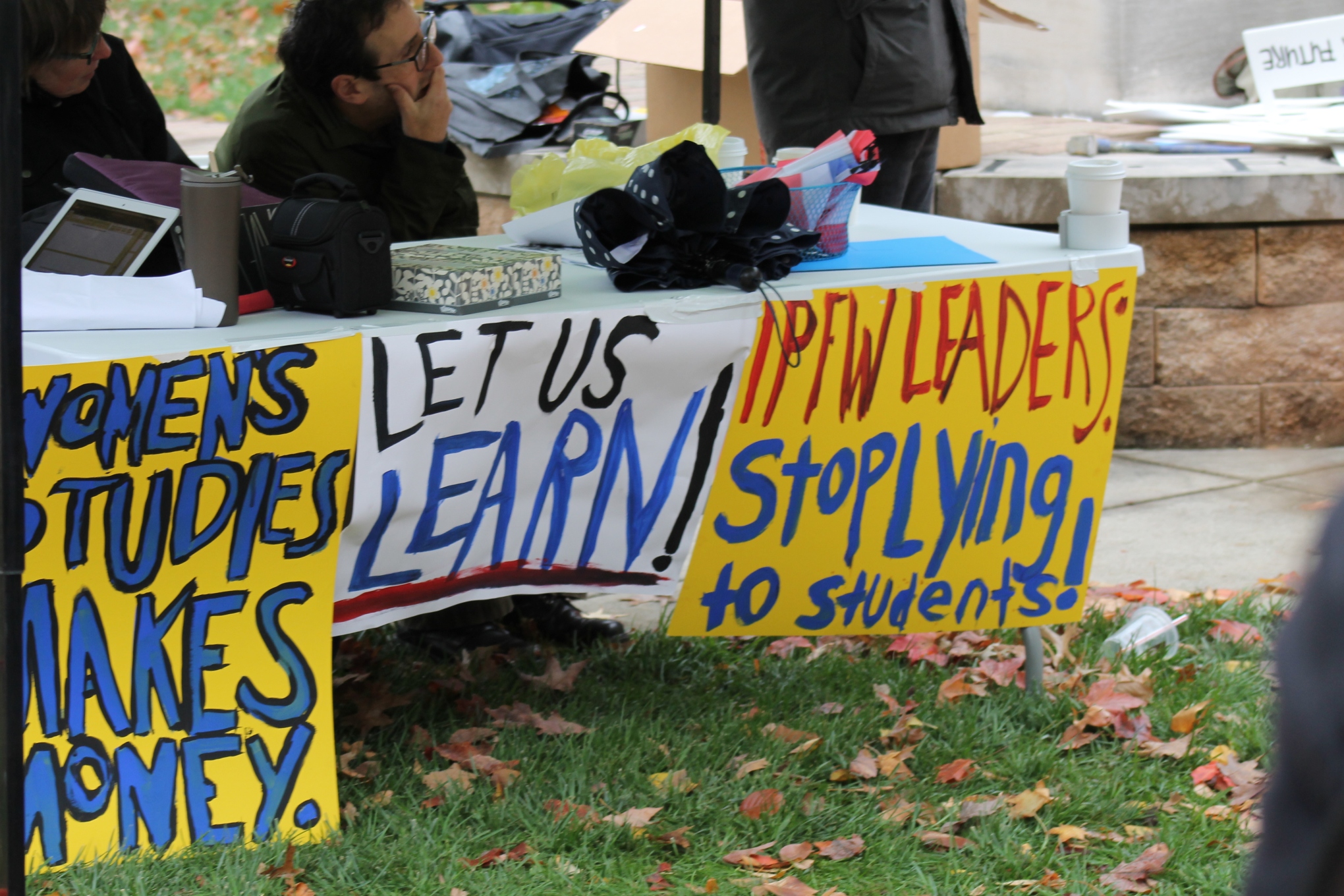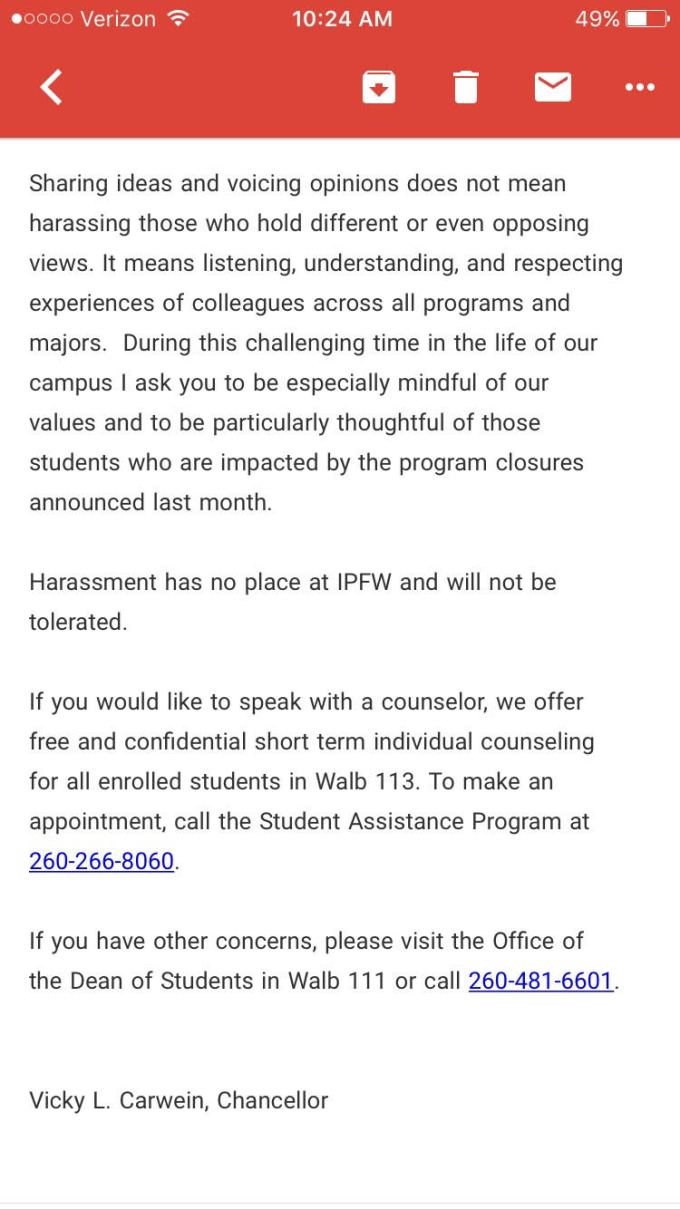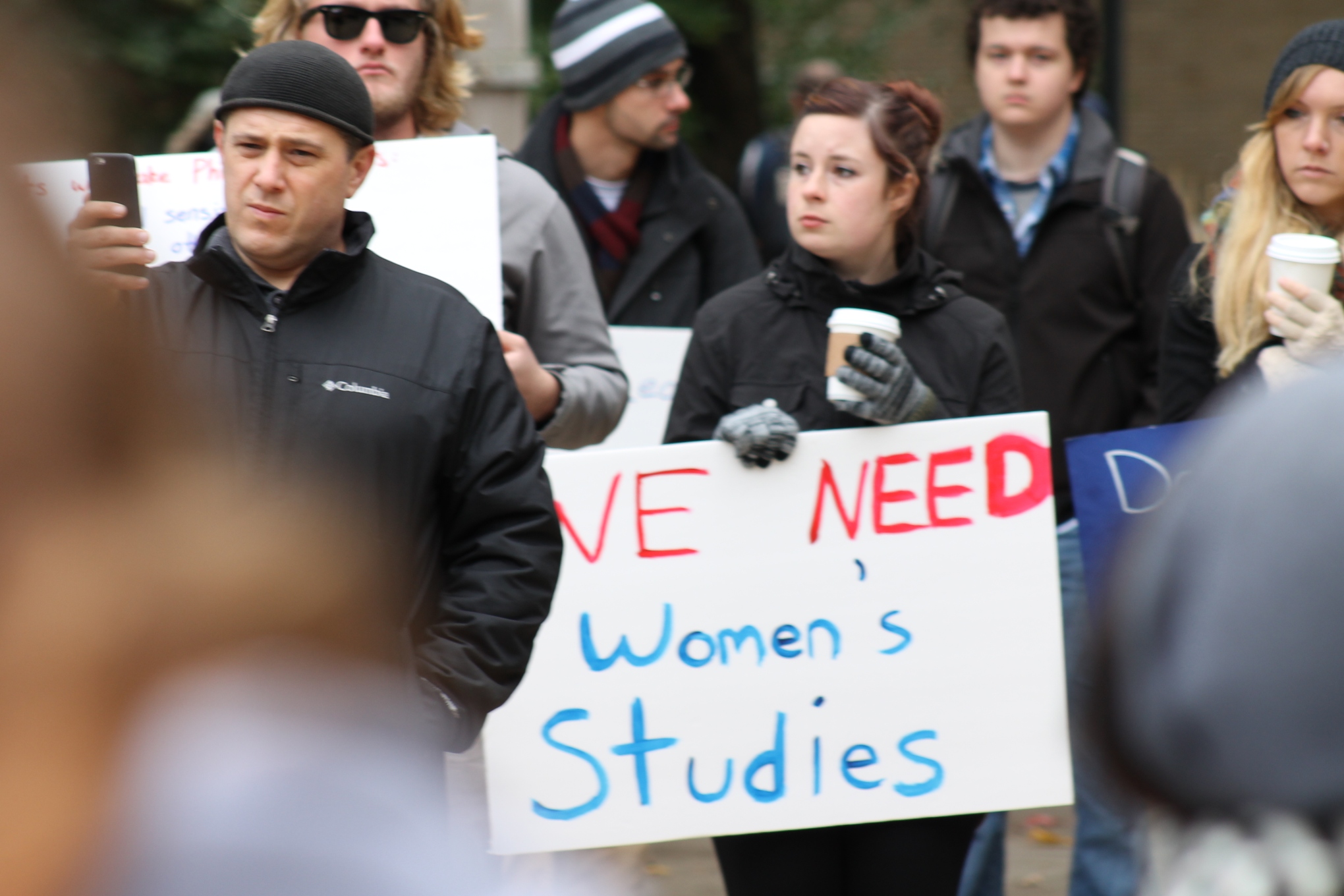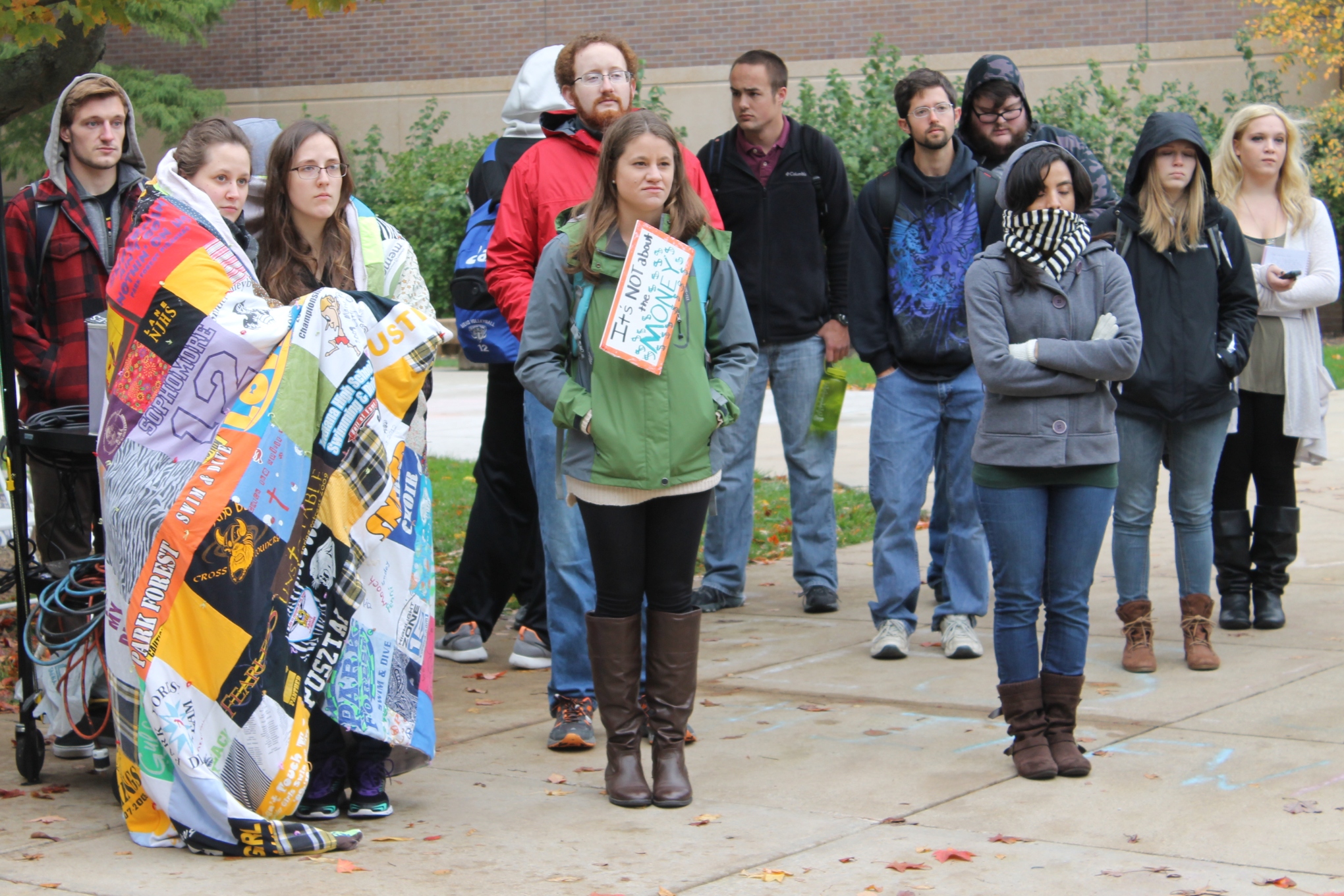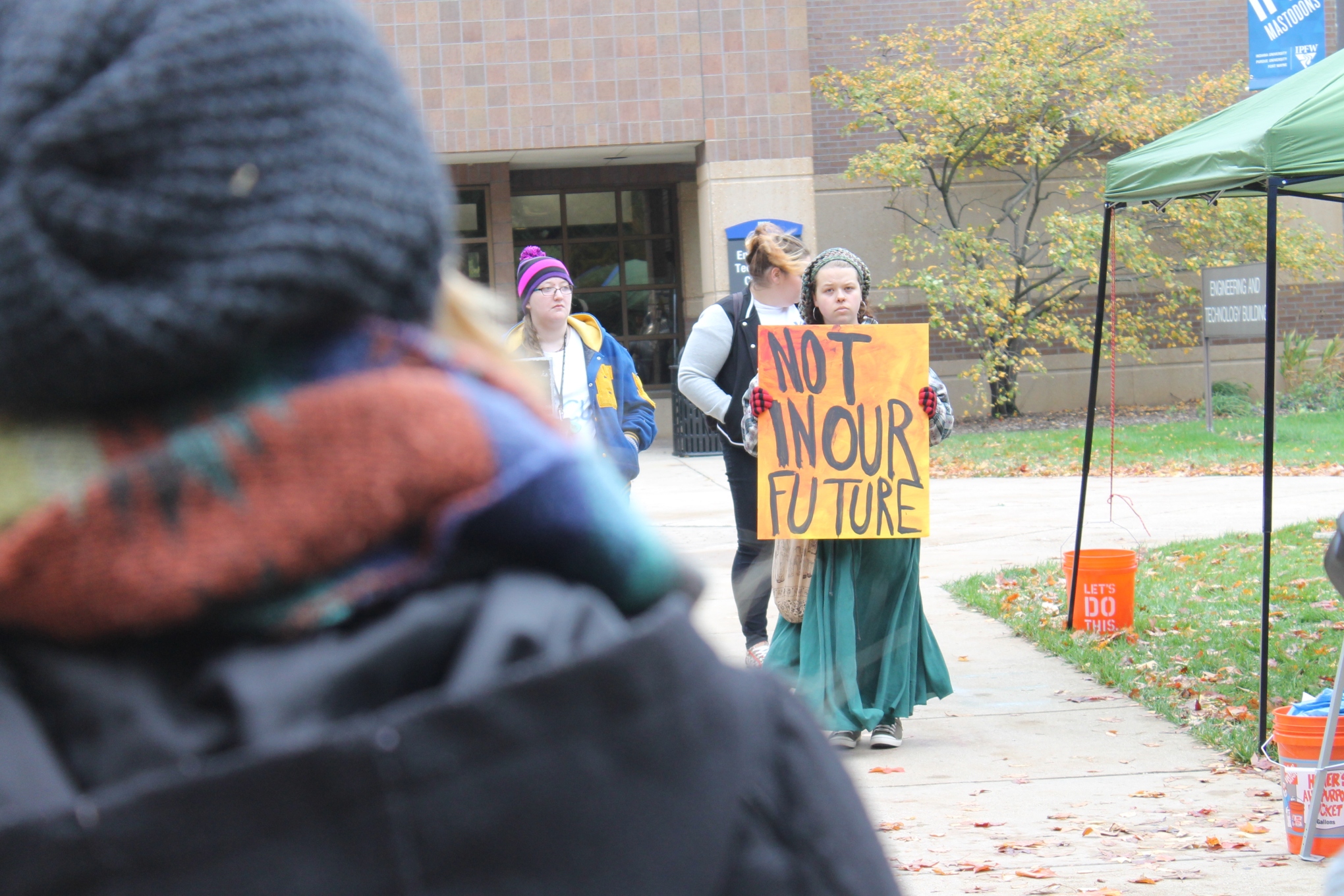Megan Dues hunched over the bathtub and cried out in pain as Piper, her 2-year-old daughter, sat in the water.
Dues quickly removed Piper from the bathtub in fear of something worse happening, but Piper did not leave her mother’s side.
“Piper held my hand and patted my back and said, ‘It’s going to be okay, mom,’” Dues said.
It was the only time she experienced a ruptured cyst alone with Piper, but Dues said she specifically remembers the situation as the first time she realized Piper was there for her.
Dues unexpectedly became pregnant with Piper when she was 18 years old. She said this changed her plans in life and more struggles arose accordingly, but she thrived during adverse times.
For instance, Dues said she struggled with diet restrictions from her endometriosis — what causes cysts to grow and rupture — and having 32 food allergies. But she adjusted to her limitations and saw the silver lining — she has to be healthy.
“Dieting has definitely changed my life for the better,” Dues said. “Even though I have all my restrictions, it makes me feel healthier.”
When Piper was almost three, Dues’ boyfriend broke up with her after he spent the first years of Piper’s life as her father figure, even though he is not a biological parent. Consequently, the family they created split apart as Dues and her daughter moved into her parents’ house.
She said this transition was the lowest point of her life, but she was tired of letting adversities consume her.
“I just decided one day that things weren’t going to get better unless I focused on myself,” Dues said, “like getting out of my parents’ house, getting back on my feet, getting back to having my own things. I just couldn’t sit there.”
To get out of her depression, Dues said she set new goals and began working as a baker in a hotel resort. She enjoyed her job, and it helped her discover a passion for cooking. It also lead her to meeting her soulmate, Bill Dues, another chef at the resort.
“I was thinking how ridiculous she looked with her tall chef hat on and her retro-framed glasses on,” her husband said, as he smiled talking about the first time they met. “She asked me to make her a salad, and I thought, ‘Who is this girl?’”
Since meeting Bill, Dues said her life has improved tremendously. He is the piece she had been missing, and today, they have a daughter together, Willow, who Dues said takes the highest priority in her life along with Piper.
She hopes her daughters will grow into strong, ambitious women.
“If you aren’t passionate about something then where are you going to go in life?” Dues said, while holding Willow’s hands to help her stand. “I just want them to be happy with where they end up in the future.”
One passion in Dues’ life is horses. When she was in seventh grade, her parents gifted her Sophie. She said her life began to improve by having an outlet to help release her stress and anxiety. To this day, she still has Sophie.
For her future, Dues said she hopes to own a horse farm in Michigan, and bake for people who have numerous allergies like her.
But, today, Dues said she is content with her life, and proud of herself for overcoming the obstacles she has faced.
“I’m glad that everything happened, because even though I am not where I want to be yet, I am happy with who I am, who I am with, and what I now know,” Dues said. “This is just the happiest I have been in my entire life.”






